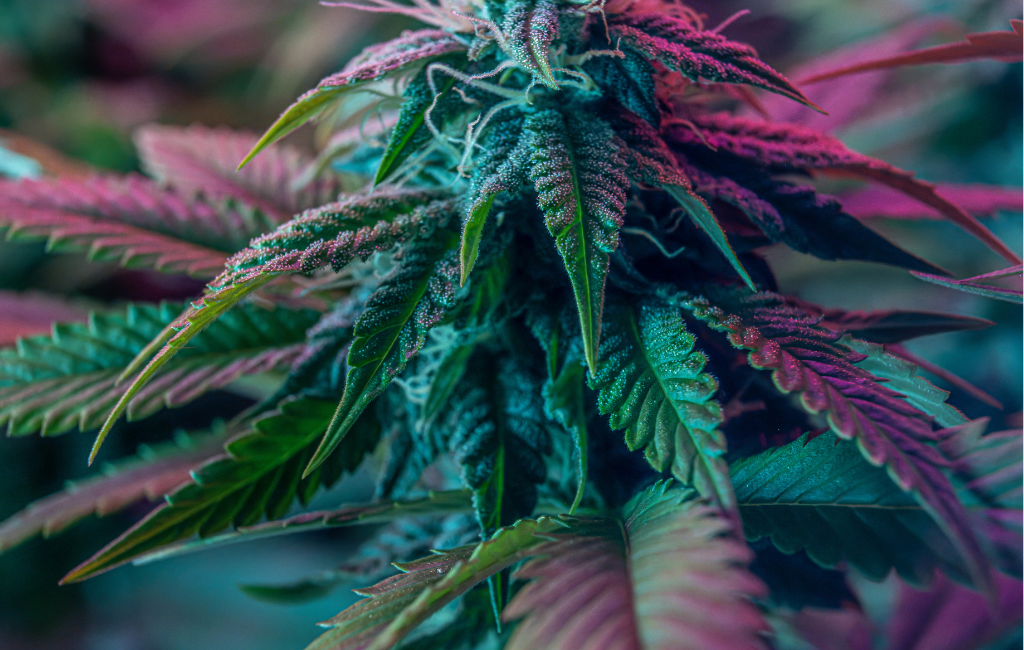Cannabis Innovation THCA Flower Harnessing

-
Table of Contents
- THCA Flower: Harnessing the Power of Cannabis Innovation
- Understanding THCA
- How THCA Works
- Benefits of THCA Flower
- THCA Flower in the Market
- Consumer Demand
- Product Development
- Case Studies: Success Stories with THCA
- Case Study 1: Arthritis Relief
- Case Study 2: Neuroprotection
- Challenges and Future Prospects
- Regulatory Hurdles
- Research Limitations
- Market Growth
- Conclusion
Cannabis Innovation THCA Flower Harnessing
The cannabis industry has seen remarkable advancements over the past few years, with THCA flower emerging as a significant innovation. This article explores the potential of THCA flower, its benefits, and its impact on the cannabis market.
Understanding THCA
THCA, or tetrahydrocannabinolic acid, is a non-psychoactive cannabinoid found in raw and live cannabis. Unlike THC, THCA does not produce a high when consumed. Instead, it offers a range of potential therapeutic benefits.
How THCA Works
THCA is the precursor to THC. When cannabis is heated through smoking, vaping, or cooking, THCA undergoes decarboxylation, converting into THC. This process is what gives cannabis its psychoactive properties. Consuming THCA in its raw form allows users to experience its benefits without the high.
Benefits of THCA Flower
THCA flower offers several potential health benefits, making it an attractive option for medical cannabis users.
- Anti-inflammatory Properties: Research suggests that THCA may help reduce inflammation, making it useful for conditions like arthritis and lupus.
- Neuroprotective Effects: Studies indicate that THCA may protect brain cells, potentially benefiting those with neurodegenerative diseases such as Alzheimer’s and Parkinson’s.
- Anti-emetic Benefits: THCA has shown promise in reducing nausea and vomiting, which can be particularly helpful for chemotherapy patients.
- Appetite Stimulation: THCA may help stimulate appetite, aiding individuals with eating disorders or those undergoing treatments that affect appetite.
THCA Flower in the Market
The introduction of THCA flower has created new opportunities within the cannabis industry. Consumers seeking the therapeutic benefits of cannabis without the psychoactive effects are increasingly turning to THCA products.
Consumer Demand
As awareness of THCA’s benefits grows, so does consumer demand. A survey conducted by the Cannabis Consumer Coalition found that 60% of respondents were interested in trying THCA products. This interest is driving innovation and expanding the market for THCA flower.
Product Development
Companies are developing a variety of THCA products to meet consumer needs. These include:
- THCA tinctures and oils
- THCA-infused edibles
- THCA topicals
- Raw THCA flower for juicing or direct consumption
Case Studies: Success Stories with THCA
Several case studies highlight the potential of THCA flower in improving quality of life for patients.
Case Study 1: Arthritis Relief
Jane, a 55-year-old arthritis patient, struggled with chronic pain and inflammation. After incorporating THCA flower into her regimen, she reported significant pain reduction and improved mobility. Her experience underscores the potential of THCA as an anti-inflammatory agent.
Case Study 2: Neuroprotection
John, diagnosed with early-stage Parkinson’s disease, began using THCA flower to manage his symptoms. Over time, he noticed a decrease in tremors and improved cognitive function. His case suggests that THCA may offer neuroprotective benefits.
Challenges and Future Prospects
While THCA flower holds promise, there are challenges to its widespread adoption.
Regulatory Hurdles
The legal status of cannabis varies by region, affecting the availability of THCA products. Regulatory changes are needed to facilitate research and access to THCA flower.
Research Limitations
More clinical studies are required to fully understand the benefits and potential side effects of THCA. Increased funding and support for cannabis research will be crucial in this regard.
Market Growth
Despite these challenges, the market for THCA flower is expected to grow. Industry analysts predict a compound annual growth rate (CAGR) of 20% for THCA products over the next five years. This growth is driven by increasing consumer awareness and demand for non-psychoactive cannabis options.
Conclusion
THCA flower represents a significant innovation in the cannabis industry, offering a range of potential health benefits without the psychoactive effects of THC. As consumer interest grows and research advances, THCA flower is poised to become a major player in the cannabis market. Addressing regulatory and research challenges will be key to unlocking its full potential.